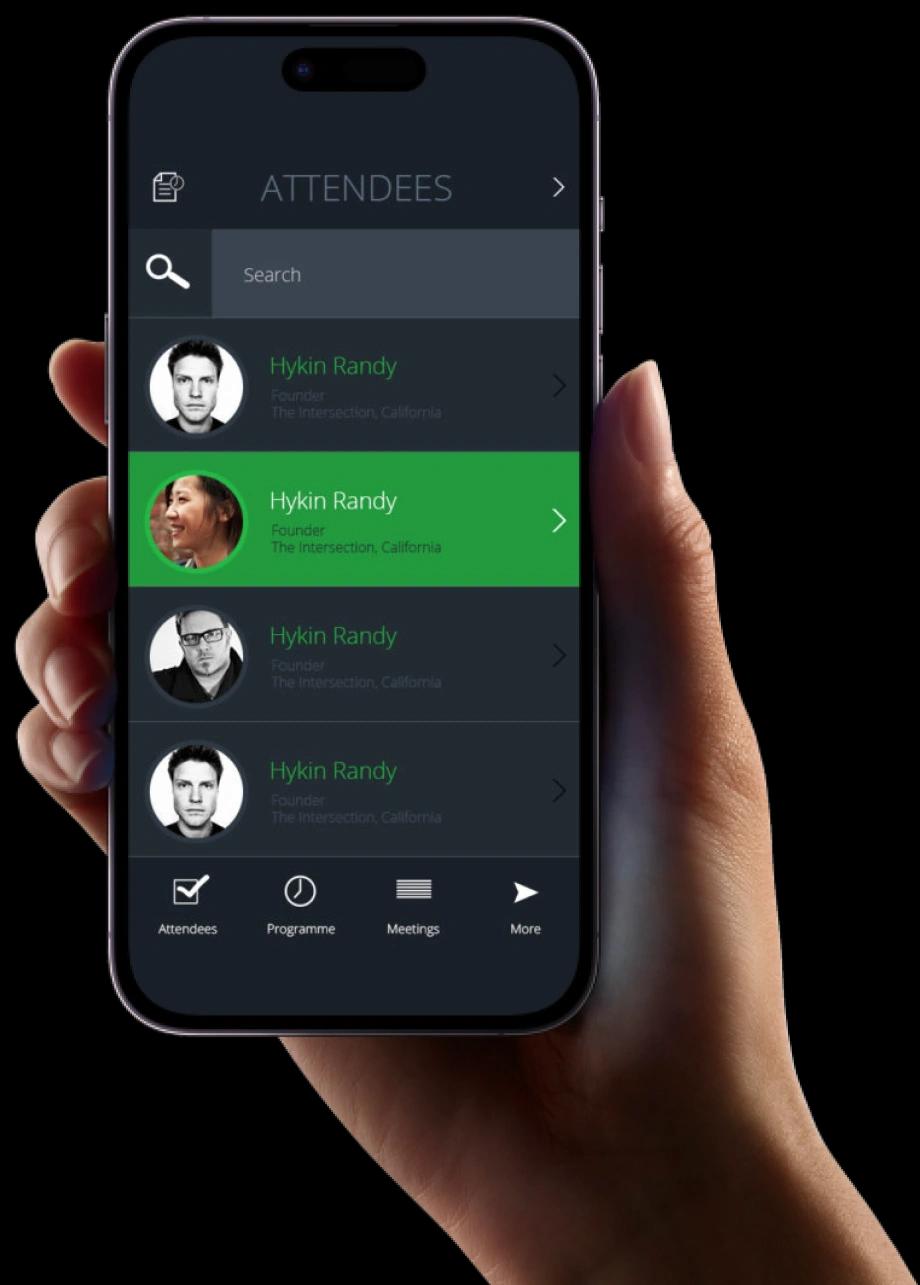Exaud Blog
1. Can I easily explain my mobile app idea to anyone?
4. What about design, how am I going to make it happen?
Blog

5 Questions To Ask Before Developing a Mobile App
Planning to build a mobile app? Great! But prior to diving into the development stage, here are 5 questions you should ask yourself. Posted onby Lígia SarramitoYou have an idea for a mobile app that will help you reach a new audience or better engage with existing customers. Great! But prior to diving into the development and deployment stages, there are a few things you should ask yourself.
5 Key Questions
From our experience working with different clients on various mobile app projects, we realized that if you can get good answers to these key questions right at the start, it’s more likely that your project is going to be a success. So, here are the 5 questions to ask before developing a mobile app:
1. Can I easily explain my mobile app idea to anyone?
Can you communicate your mobile app idea in just a few sentences? The better you’re able to share the “essence” of your app, the more focused you’ll be when determining what the app needs to do and what are the priorities in terms of development. Keep in mind to keep the scope small, simple and feasible. Your app should do only a few things very well, instead of many things poorly. So, get ready to perfect your pitch!
2. What are my competitors doing?
Before jumping into the development stage, it’s a good idea to study your competition – what similar apps are out there in the market, what are their marketing and monetization strategies and what is their overall performance. Dig a bit deeper and check what users are saying about those products and what the media is writing about them. Use the gathered information to find a gap on the current offering and create a unique experience for your app, not a “me too” approach. A good understanding of your offering will also help you explain it clearly to designers and developers.
3. How am I going to monetize my app?
Just as any other business, generating sustainable revenue from a mobile application requires a monetization strategy. Choosing one depends on your business goals, user base and the type of app that you’re planning to build. Keep in mind that the selected monetization model will play a huge role on the success of your product. The most common mobile app monetization models are:
Freemium
Users download the app for free and the revenue comes from the percentage of customers that will make in-app purchases. With this model, users have the chance to try out the app, before making the choice to pay for enhanced features and you have the opportunity to reach and engage with a wide audience. A similar model to Freemium is the Subscription plan. The same logic applies, except that it focuses on gating content instead of features.
In-app Advertising
In this business model users don’t pay anything to download or use your app. Your goal is to build a large user base and use that information to sell target ads to app publishers – that’s where your revenue comes from. As in-app ads generate small amounts of revenue, this model works better when you think your app will be popular enough to give you a large audience base.
Paid Apps
Despite the popularity of Freemium apps, there are a lot of successful mobile applications using the pricing model, which is based in charging users for the initial download. For this strategy to succeed and have customers to be willing to pay, your app has to stand out from similar free apps. If you promote the unique features and superior quality of your application and generate a strong brand awareness around your USP, your customers will certainly see its perceived value.
In-App Purchases
This model can be combined with the Freemium one, as it provides a channel of revenue for apps that have no cost to download. It involves the user making an in-app purchase, in order to unlock or access special content, features or restricted levels. The purchasing process is completed within the app, with the mobile platform retaining a share of the transaction.
Sponsorship
It is a new approach to in-app advertising. Here, the main idea is to use sponsors to encourage user engagement and provide rewards every time a specific in-app action is completed by a customer.
4. What about design, how am I going to make it happen?
The success of your app will not rely exclusively on good features. User interface (how the app looks) and User experience (how the app meets the needs of the user) are an essential part of developing an app and make it stand out and get noticed. You’ll have to decide if you’re hiring a UI/UX designer or if you’re trusting that component to the mobile app partner, along with all the development work. In both cases, ask for references and previous mobile app projects, so you can get a feel for their design options, experience and skills.
5. Have I found the right development partner?
Finding the right development partner can be a challenge, specially if you’re not a technical person. If you’re a business, you can choose from developing your app in-house or outsource the project. Although in-house development makes you feel like you’re having more control over the project – with a developer sitting next to you it’s easy to change directions, there are a few downsides to consider. Not only it can be extremely time consuming as it is usually ends being more expensive than hiring an outsourced team. I’ve wrote about this topic before, in this article you’ll find some tips on how to easily assess your potential software vendor and narrow down your options.
If you’re curious about this topic or if you’re planning to build your first mobile application and have any questions along the way, feel free to reach me at ligia[at]exaud[dot]com.
Related Posts
Subscribe for Authentic Insights & Updates
We're not here to fill your inbox with generic tech news. Our newsletter delivers genuine insights from our team, along with the latest company updates.